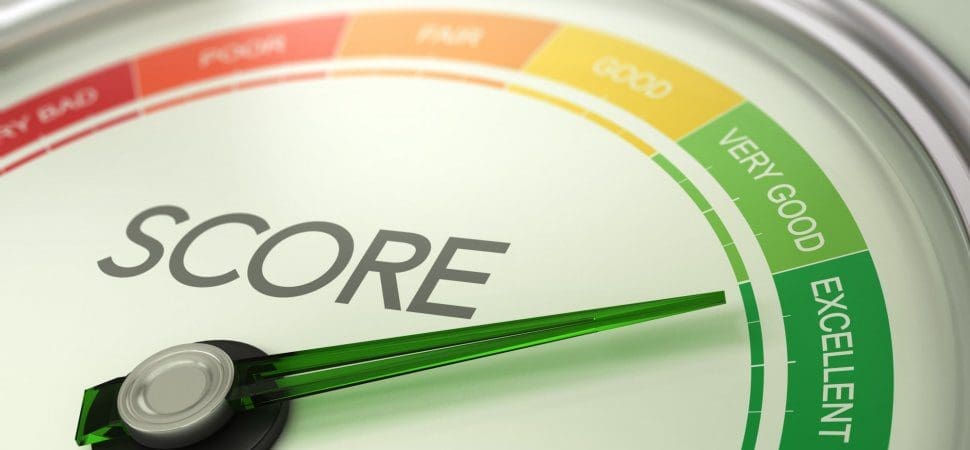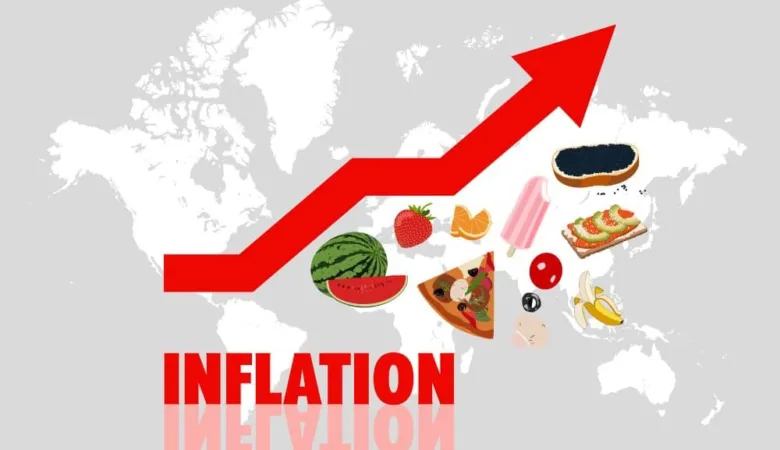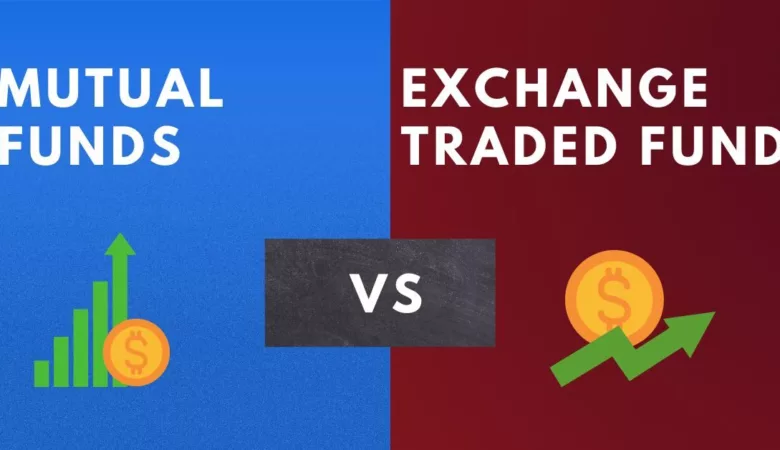FICO announced a new “suite” of credit scores this week, leading to alarming headlines warning that 40 million people could see their scores drop by at least 20 points. However, some people can see the opposite happen and can see their credit score jump by as much as 20 points. So what does the new FICO score mean for you?
What does a New FICO Score Mean for you?
The score behind the freakout is the FICO 10T. The T stands for trended data, it is a departure from previous versions because it looks back at up to 30 months of past credit data to predict consumer behavior. Before this new update it was more of a snap shot, now it is more of short video of your credit history.
This is being offered with and without trended data because that is what lenders were requesting. The new FICO 10 uses the same reason codes as previous versions and can be easily adopted because it is “backward compatible,” Shellenberger said.
Lenders are now looking more closely at potential borrowers now for several reasons. The economic expansion that had allowed them to loosen standards a bit is bound to come to an end. Also, lenders no longer have a view of how consumers managed the last economic crisis, which started in late 2007, because most derogatory marks fall off credit reports after seven years. So they wanted a way to still have this data pull in and be a part of the new score.
When are lenders likely to start using the new score?
FICO 10 scores won’t be available for use by the three major credit bureaus before summer.
Adoption by lenders will take longer, Shellenberger said. It can take months or “usually longer for large lenders — a year or so.” Right now, most lenders still use the FICO 8 for most lending decisions, and FICO 2, 4 or 5 for mortgage loans.
How will FICO 10 likely affect my score?
Remember that most people won’t see a big change. But if you’re among the 40 million who could see a drop of 20 points or more, that’s significant — it could result in being denied for a loan or having to pay a higher interest rate.
Your score is most likely to drop if the following apply to you:
- You took out a personal loan to consolidate credit card bills, but now your card balances are up again or it appears you have applied for additional credit.
- You are using credit cards to get by — and you just can’t seem to whittle the balances down, or they’re growing.
On the other hand, some people could see their scores rise by 20 points or more. Your score is most likely to rise if you have been penalized for occasional high balances. The example given by Shellenberger was: “If you typically vacation in July and put airline tickets, hotel and meals on a credit card — and then pay it off — the trended data won’t penalize you as much. It looks at balances over time and sees you bringing a temporarily high balance down.”
If I am worried, what should I do differently now?
Pay down balances on credit cards. Consistently high statement balances — or rising balances — can suggest financial difficulty. If you are paying off your bills monthly but have high statement balances, make frequent payments throughout the month. That keeps your balance low no matter when it’s reported to the credit bureaus.
If you don’t already have an emergency fund, start one. If you have to turn to credit cards in an emergency, your rising balances could hurt your scores. Do this by getting yourself on a budget and sticking to it. Do not consolidate your credit card debt with a personal loan. Try to avoid charging up the credit card balances again; the new FICO 10T will penalize you for it.
How can I look good no matter what score lenders use?
Lenders simply want to find creditworthy applicants. They just want to minimize the risk by filtering out the customers who won’t pay as agreed, while maximizing profits by make sure they make their money back from the money they lent out.
The way to get the best credit has not really changed, it still is:
- Pay every bill on time.
- Keep credit card balances low relative to your credit limits.
- Be judicious about applying for new credit. A flurry of new applications can suggest financial distress.
- Keep old credit card accounts open unless you have a compelling reason to close them, such as a high annual fee. They contribute to your overall credit limit, which benefits a large scoring factor called credit utilization. They also contribute to credit age, a minor factor in your score.





